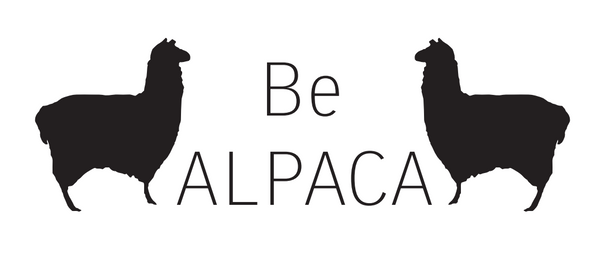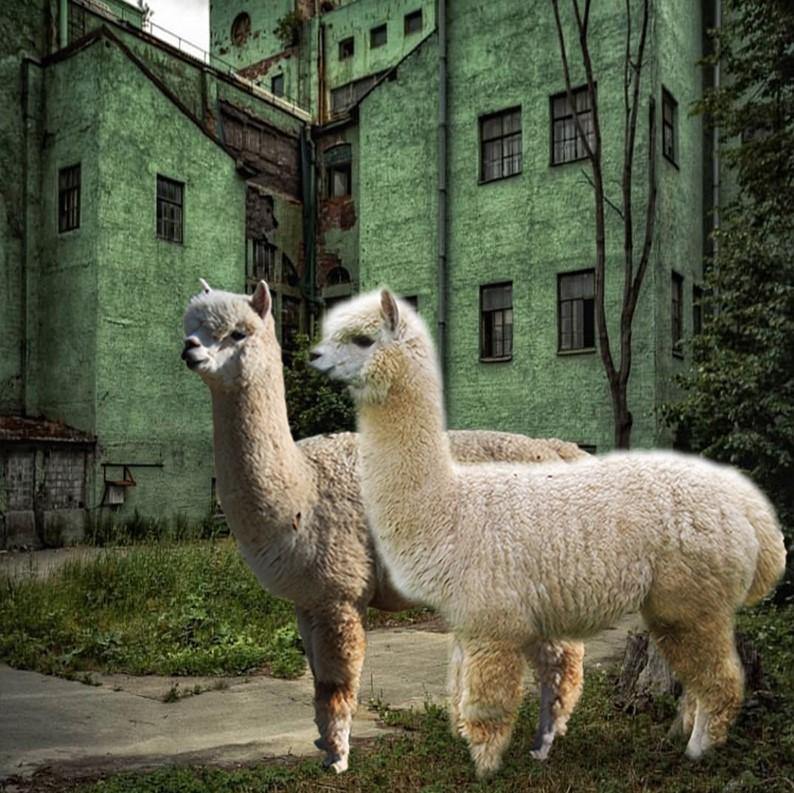
Why is the Alpaca good for the planet? 10 reasons
Share
We explain the 10 reasons why the alpaca is good for planet Earth:
-
Low Carbon Footprint: Alpaca wool production has a much lower carbon footprint than sheep wool production.
-
Sustainability: Alpacas are animals that require very few resources to maintain themselves. They do not need to be fed processed foods or treated with chemicals.
-
Soil protection: Alpacas do not have sharp hooves and do not damage the soil as other farm animals do.
-
They do not cause soil erosion: Alpacas do not graze down to ground level and have a selective way of eating that does not cause erosion.
-
They do not require large amounts of water: Alpacas need much less water than other species of farm animals.
-
Natural fertilization: Alpaca feces are a natural and excellent fertilizer for the soil, helping to promote the growth of plants and grasses.
-
They contribute to biodiversity: Alpacas feed on a wide variety of plants, making them an important part of the local ecosystem.
-
They do not compete with human food: Alpacas feed on grasses and wild plants, not crops for human consumption.
-
Biodegradable fur: Alpaca fur is biodegradable and does not cause environmental pollution when it decomposes.
-
Substitute for synthetic materials: Alpaca wool can replace synthetic materials that harm the environment, such as polyester and other synthetic fabrics.







